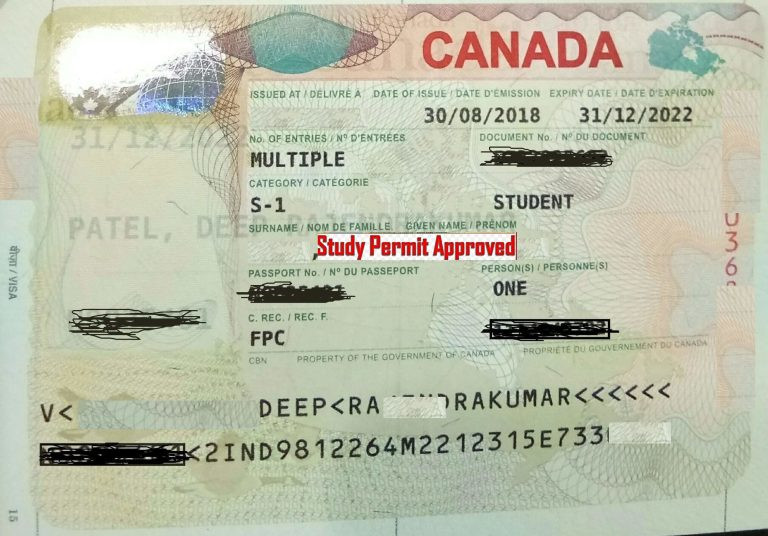Canada's New Immigration Rule: Study Without a Study Permit!
Some work permit holders in Canada may continue their studies without needing a separate study permit, a significant development in Canadian immigration policy. This change comes as a result of updated operational instructions and guidelines released by Immigration, Refugees and Citizenship Canada (IRCC) on December 6th. The policy, a continuation of a temporary measure implemented in 2023, is set to remain in effect until June 27, 2026. This means that for a significant period, eligible individuals can pursue further education without the added burden and expense of a separate study permit application.
Who is Eligible for this Exemption?
To qualify for this study permit exemption, work permit holders must meet specific criteria. A key requirement is that they applied for their work permit before June 7, 2023. Newcomers who applied for their work permits after this date are unfortunately not eligible under this policy. This cutoff date is crucial and highlights the transitional nature of this policy update. The policy also applies to those who hold both a valid study permit and a valid co-op work permit meeting the outlined conditions and wish to enroll in additional study programs. Individuals may continue to work if they applied for an extension before the expiry of their previous work permit, under maintained status. *Work authorizations, letters given to some newcomers by IRCC while their application is in process, allowing them to work while their application is pending, do not grant eligibility for this exemption.
Proof of Exemption
As a work permit holder or work permit extension applicant eligible for the study permit exemption, you can demonstrate your eligibility to your Designated Learning Institution (DLI) by showing one of the following documents: a copy of your work permit application or a letter from IRCC confirming you can study without a study permit. This simplifies the process for both students and educational institutions.
The Benefits of Continued Education in Canada
Continuing education in Canada offers significant advantages for newcomers. Research from Statistics Canada, in a study titled “International students as a source of labour supply,” demonstrates that newcomers with pre-landing (before attaining permanent residence) Canadian study experience significantly outperform their counterparts who did not study in Canada. These individuals tend to fare much better in the Canadian labour market.
In the first one to two years after becoming permanent residents, newcomers who graduated from Canadian educational institutions earned 27% more than their counterparts who had studied abroad. This financial advantage persists. Even 10 to 11 years after landing, these graduates still earn 9-12% more than those without pre-landing Canadian education, even when considering pre-landing work experience.
Continuing your education can also boost your chances of obtaining permanent residency. Canada's Express Entry system uses the Comprehensive Ranking System (CRS) to assess candidates based on various factors, including education. Higher education levels translate to more CRS points, increasing the likelihood of receiving an invitation to apply for permanent residency. You can earn a maximum of 150 CRS points without a spouse or partner, and 140 points with a spouse or partner. The CRS also awards points for Canadian work experience, enhancing the advantages for those combining studies and work.
Provincial Pathways
Furthermore, continued studies in Canada can open doors to provincial immigration programs tailored to international graduates. Many provincial pathways consider work experience and employment offers within the province. Some examples include the Ontario Immigrant Nominee Program (OINP) and the British Columbia Provincial Nominee Program (BC PNP), but numerous other provinces offer similar pathways.
Unlocking Your Potential: Embracing Educational Opportunities in Canada
This new policy from IRCC represents a significant step towards supporting newcomers in Canada. By allowing eligible work permit holders to pursue further education without the additional hurdle of obtaining a study permit, Canada makes the path to success even smoother and more accessible. The economic benefits, bolstered by research from Statistics Canada, are clear. Continuing your education allows you to improve your long-term employment prospects, significantly increasing your earning potential in the years following permanent residence. Simultaneously, your educational pursuits will bolster your CRS score and your chances of obtaining permanent residency through programs like Express Entry. The opportunity to further develop your skills and credentials within Canada is a benefit that cannot be overstated. This policy offers a bridge to a more secure future for many newcomers, one characterized by increased financial stability and enhanced opportunities.

















